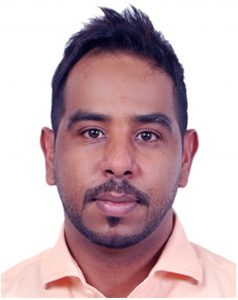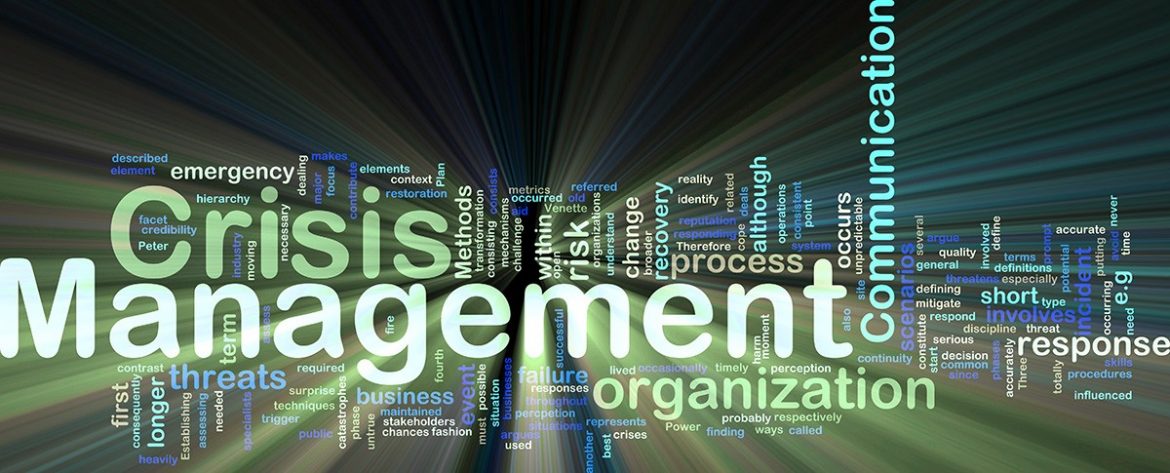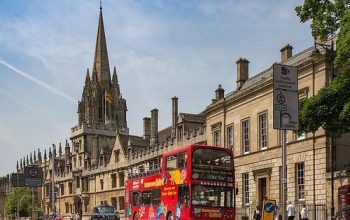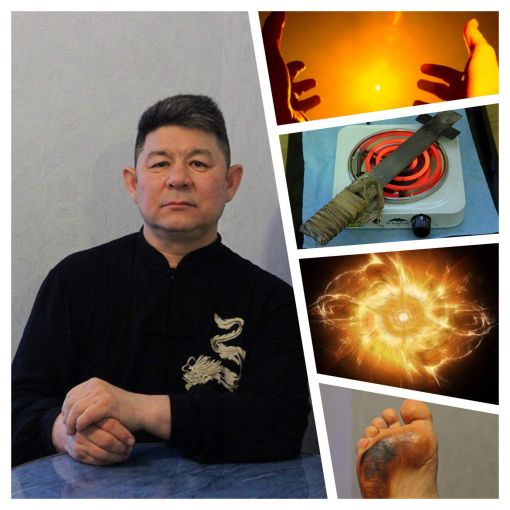
Professor Mohamed Salah Humaida, Ph.D., Grand Ph.D. Reading
Management is the science and art of harnessing the brain in continuous variables. The world is witnessing today through the Covid-19 pandemic, as the world awaits challenges in global economic growth behind the trends of innovations. His Highness Sheikh Mohammed bin Rashid Al Maktoum, Vice President, Prime Minister, and Ruler of Dubai, may God preserve him, said, “Despite the United Nations estimates that foreign investment flows worldwide will decrease by 42% in 2020 due to the pandemic, the UAE is achieving 44% growth. In foreign investments incoming to our country in 2020 compared to 2019, to reach 73 billion dirhams..crisis management creates a return … and the crisis of management destroy profits …
The question here is what is the difference between crisis management and the crisis of management? The answer is divided into two groups of people: The first group sees strict pessimism, even though the problems are considered simple and can be solved. However, they see that there is nothing that can be done, and they see that all people are selfish, there is no collective dimension, individuals are isolated, the need for cooperative compliance is increasing, and the uncertainty of problem-solving is high, causing management crises and destroying gains.
The second category of people is optimistic and believes that there are solutions to problems, and all that one needs is to organize operations to manage crises that create a positive return by organizing the public and partners and sharing their opinion and scientific and practical applications.
In order to learn the art of management, it is necessary to know the difference between management and the organization, that the best thing in management is an activity that depends on mental thinking and uses certain foundations and principles to achieve goals and develop thought, and the most important functions of management are planning – organizing – directing, leadership and communication – control – and the decision-making process.
As for the organization, it is the use of human and material potentials to best use and create an atmosphere of public good. Among its most important functions are marketing – production – human resources – financial, setting goals, arranging and organizing groups, preparing and communicating, developing people, and managing work, managers and workers.
Perhaps one of the most important strengths of modern management and the requirements of the environment is the total quality management and its systems, which is a strategy aimed at benefiting the awareness of quality, that is, the organization’s operations and encouraging employees to increase public satisfaction effectively and efficiently on an ongoing basis and at low cost.
Certainly one of the most important management work is setting goals, developing general personal characteristics, developing independent skills, developing communication skills, developing theoretical and field frameworks and recommendations, to develop the performance of strategic management while preserving the competitive dimensions and the quality of educational programs, the quality of scientific research, human resource management and the application of modern technologies.
Add to that work alongside many important and implementable quick duties that can be within teams and institutions as a whole, which also include the conflict that dominates the business environment, as well as considering new work patterns crucial to success, especially in the Corona pandemic, the role of private leadership in innovation. The uses of innovation and creativity within organizations, and the development of perceptions about where innovation should live, is one of the most important factors in achieving the goals of the administrative business strategy in organizations, to overcome the challenges of global economic growth, and the most important innovations and sustainable trends, to ensure an increase in the productivity of human capital in Communities.



